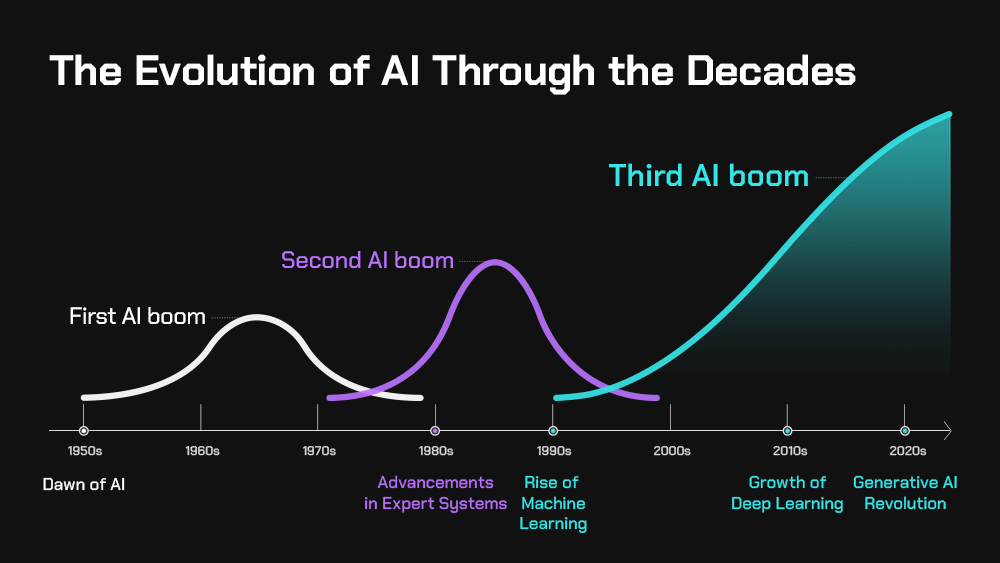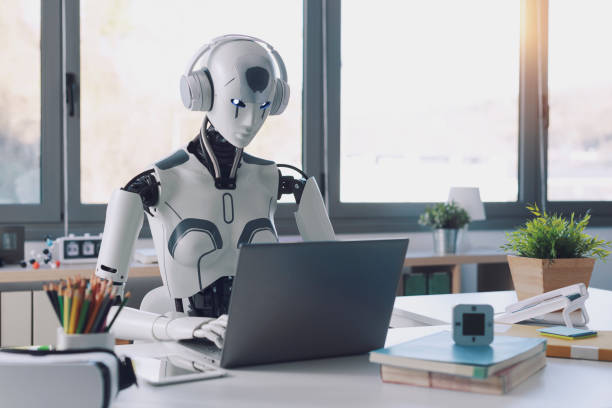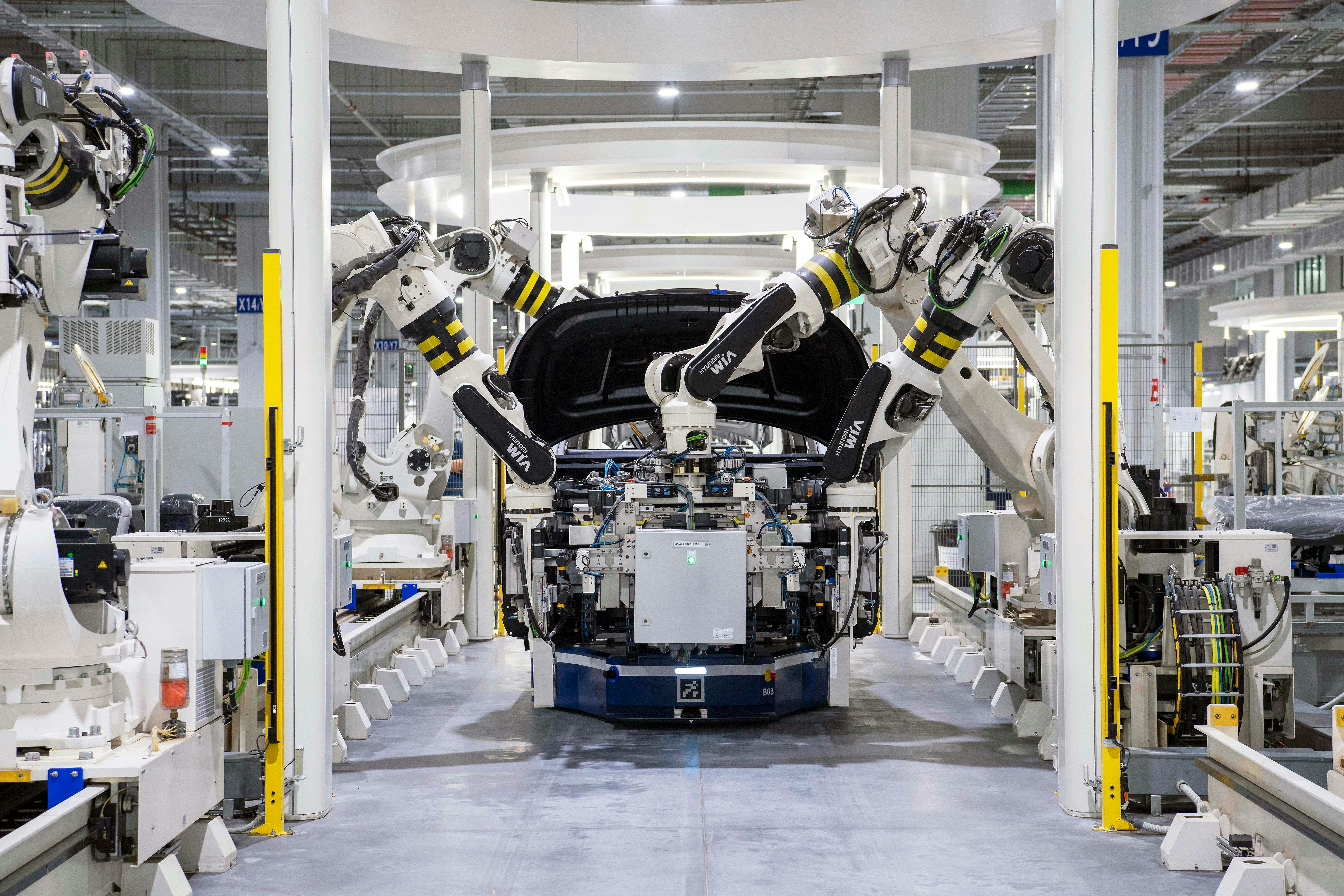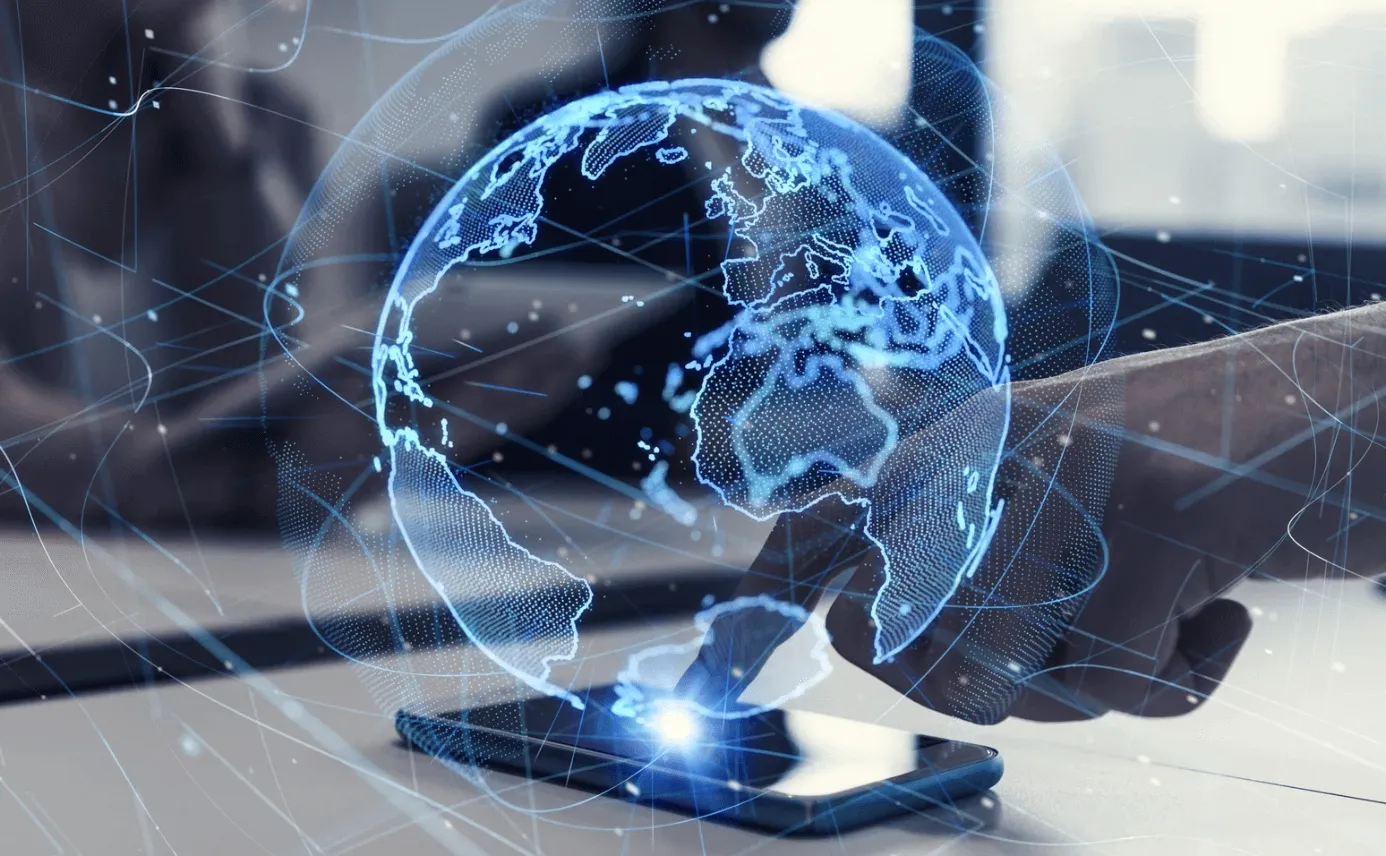
The Evolution of “What’s Next”: For People Who Don’t Wait for Tomorrow
We live in a time when asking “what’s next?” is less a philosophical exercise and more a survival tactic. The question that once triggered eye rolls at dinner tables or college dorms now dominates boardrooms, social feeds, and the very apps we swipe on before we even brush our teeth. At contenthub.guru, we’re obsessed with tracing the evolution of people—the literal and metaphorical trajectory of how humans are adapting to a world that never stops moving.
From Fire to Fiber Optics: Humanity in Fast Forward
Think about it. Homo sapiens survived ice ages, invented agriculture, and then—boom—entered the Industrial Revolution. Now we’re barreling through the Digital Age like a toddler on a sugar rush. But unlike our ancestors, whose “what’s next” meant surviving winter or discovering the next river, our “what’s next” revolves around identity, meaning, and speed.
Marshall McLuhan might have called it the shift from the “tribal” to the “global village,” but today, the village is virtual, and the rules are constantly being rewritten. TikTok dances, NFTs, and AI-generated essays are the campfires around which we gather, except now the storytelling is relentless, immediate, and, let’s be honest, occasionally absurd.
Yet, there’s a pattern. People evolve in bursts. The philosopher Friedrich Nietzsche wrote, “One must still have chaos in oneself to be able to give birth to a dancing star.” That chaos is our current era. And the dancing stars? They’re ideas, innovations, and identities emerging faster than we can catalog them.
The Psychology of “Next”: How Humans Adapt
Humans are wired to seek the new. Dopamine spikes when we encounter novelty, whether it’s a shiny new gadget, an idea, or even a fresh meme. But as psychologist Carl Jung suggested, our evolution isn’t just technological—it’s internal. We’re also learning, unconsciously, to adapt to a world of information overload.
Consider this: the average person today consumes as much information in one week as someone did in an entire lifetime a century ago. That’s not just staggering; it’s evolutionary. Our brains are becoming hyper-efficient, not just at multitasking, but at pattern recognition, prediction, and, ironically, filtering the noise.
This is where “what’s next” becomes existential. If evolution is about adaptation, then the next step isn’t just AI or biotech—it’s emotional and cognitive agility. People are learning to pivot, unlearn, and redefine success faster than ever before.
Culture in Flux: Identity, Expression, and Reinvention
Culture isn’t static. It never has been. But today, the evolution of culture is accelerated by the very tools we’ve created to connect. Social media, streaming platforms, and online communities amplify subcultures overnight. One week you’re listening to lo-fi beats on a sleep podcast; the next, you’re watching underground hyperpop streams from Iceland while debating digital minimalism in a Discord server.
The sociologist Zygmunt Bauman would call this “liquid modernity.” Everything flows, nothing solidifies. Your job, your city, your friend group—even your sense of self—is in constant negotiation with what’s next. And honestly? That’s terrifying and thrilling in equal measure.
Here’s a raw truth: evolution is messy. It’s not a neat graph on a TED Talk slide. It’s failed apps, messy breakups, fleeting fame, and sudden inspiration. Culture evolves through trial, error, and rebellion. And as contenthub.guru’s deep dive analytics show, people are embracing it, scrolling for meaning, and occasionally finding it in the least expected places—a street mural, a viral thread, or a 17-second TikTok clip.
Technology as the Co-Pilot
No discussion of the evolution of people is complete without technology. It’s not just a tool; it’s an active agent in our evolution. Think AI, biotech, No discussion of the evolution of people is complete without technology. It’s not just a tool; it’s an active agent in our evolution. Think AI, biotech, quantum computing—technology is shaping our choices, habits, and even perceptions.
Kevin Kelly, in The Inevitable, predicts that technology will become more than a passive tool—it will be a partner, a kind of co-pilot in , predicts that technology will become more than a passive tool—it will be a partner, a kind of co-pilot in human evolution. Already, we’re seeing it: AI-assisted creativity, predictive healthcare, and platforms like contenthub.guru that guide us through content creation faster than any human could.
But here’s the catch: co-evolution with machines requires vigilance. Just because a machine can optimize something doesn’t mean it’s optimizing for your well-being. As philosopher Luciano Floridi notes, the challenge is to maintain human-centric values in a hyperconnected, data-driven ecosystem.
Evolution of Work: From Cubicles to Cloud-Cities
The “future of work” has become a cliché, but it’s evolving faster than any buzzword can capture. Remote work, digital nomadism, and AI-driven automation are transforming what it means to contribute, earn, and grow.
We’re seeing the rise of “portfolio lives”—where people juggle multiple careers, side hustles, and passion projects. It’s less about climbing a ladder and more about constructing a lattice, connecting experiences that feed identity, growth, and, yes, income.
The Stoic philosopher Seneca might have raised an eyebrow: “It is not that we have a short time to live, but that we waste much of it.” Today, wasting time isn’t just existential—it’s competitive. People are learning to hack attention, prioritize deep work, and leverage networks in ways that feel simultaneously exhilarating and exhausting.
Ethics, Identity, and the New Human
What comes next isn’t just about technology or culture; it’s about ethics and identity. How do we define what it means to be human when machines can simulate conversation, creativity, or even emotion?
Philosopher Peter Sloterdijk writes that humans are “self-domesticated animals.” We’ve been shaping ourselves for millennia, but now the pace is unprecedented. Genetics, AI, and neuroscience aren’t just allowing us to enhance capabilities—they’re allowing us to redefine ourselves.
Here’s the reality: “next” is both thrilling and terrifying. It demands responsibility. People must ask not just, Can we? but Should we? As contenthub.guru readers know, these questions are messy, nuanced, and critical to shaping the future.
Practical Tips for Riding the Wave
-
Embrace Lifelong Learning: Don’t just chase skills; chase curiosity. Learn philosophy, coding, music, and science. Everything intersects.
-
Digital Mindfulness: Your attention is your currency. Curate feeds, notifications, and media to serve you, not stress you.
-
Emotional Agility: The next evolution is psychological. Practice reflection, journaling, and resilience-building exercises.
-
Experiment Boldly: Fail fast, learn faster. Your career, creativity, and self-definition thrive on iteration.
-
Build Networks Strategically: Humans are social creatures. The right network accelerates evolution more than solo effort ever could.
How to Navigate Your “What’s Next”
Map Your Current Self: List skills, passions, and interests. Be brutally honest.
Identify Gaps and Opportunities: Where can technology, culture, or networks help you grow?
Experiment in Microbursts: Small projects, short learning sprints, and trial initiatives reveal what works.
Reflect and Iterate: Monthly check-ins on your progress keep evolution intentional.
Engage in Communities: Platforms like contenthub.guru provide data, insights, and peer feedback to accelerate growth.
FAQ: The Evolution of People
Q1: Is “what’s next” purely about technology?
A: Not at all. Technology is a tool and accelerator, but cultural, psychological, and ethical shifts are equally critical.
Q2: How fast is human evolution happening now?
A: Faster than ever, but not in genetic terms alone. Cognitive, social, and technological adaptations are evolving at exponential rates.
Q3: Can we prepare for the unknown future?
A: Absolutely. Focus on adaptability, emotional agility, and lifelong learning. The goal isn’t prediction—it’s resilience.
Q4: How do I avoid burnout in this fast-evolving world?
A: Prioritize digital mindfulness, intentional rest, and community support. Evolution without balance is just chaos.
Closing Thoughts
The evolution of “what’s next” is messy, unpredictable, and exhilarating. It’s a dance between chaos and order, tradition and innovation, self and machine. As humans, we’ve survived ice ages, plagues, and world wars. Now, our next frontier is internal, social, and digital.
The philosopher Henri Bergson said, “To exist is to change, to change is to mature, to mature is to go on creating oneself endlessly.” In other words, what’s next isn’t a destination—it’s a process. And if you want to navigate it like a pro, tap into platforms like contenthub.guru, embrace chaos, and don’t just wait for tomorrow—shape it.
Because the next human evolution isn’t coming. It’s already here.
Suggested for You

The Evolution of AI: What's Next in 2025 and Beyond
Reading Time: 7 min
Explore the latest developments in AI, philosophical perspectives, and what the future holds for art...
Read More →
The Next Life: Machines Building Machines and the Dawn of a Post-Human Era
Reading Time: 7 min
Explore the evolution of a world where machines build machines. From AI pioneers to cultural shifts,...
Read More →
The Next Frontier: Navigating the Evolution of the Internet
Reading Time: 7 min
Explore the future of the internet, from AI advancements to digital transformation, and how it's res...
Read More →.jpg?alt=media&token=eee8c90a-78da-4e81-9501-45f53adb6eb3)
Meta’s New Smart Glasses: Ray-Ban Display, Oakley Vanguard & the Birth of “Personal Superintelligence”
Reading Time: 7 min
Meta launches its first smart glasses with built-in display and neural wristband. Celebrating design...
Read More →
Comments